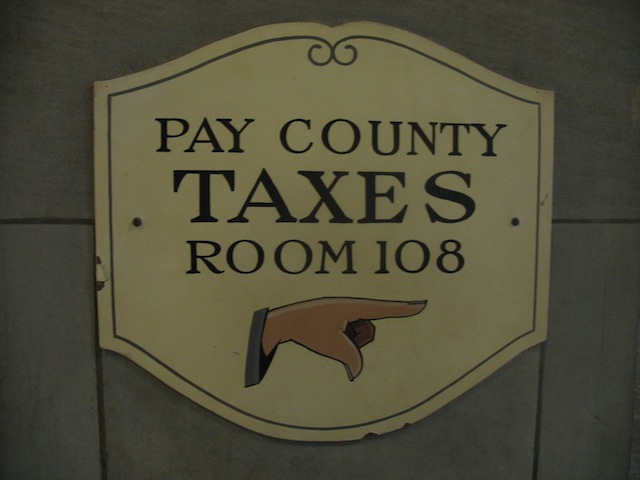“The future is already here – it’s just not evenly distributed” said author William Gibson in a quote often used by futurists and speakers.
A great example of this is the Australian Government’s National Digital Economy Strategy which was re-released last week.
The report itself was met with howls of indifference as the objectives were modest with little new really added since its first release in 2011. What’s notable though almost all the stated objectives for 2020 are achievable today. Here’s the list.
- Government service delivery—by 2020, four out of five Australians will choose to engage with the Australian Government online.
- Households—by 2020, Australia will rank as one of the top five OECD countries in terms of the proportion of households that connect to broadband.
- Businesses and not-for-profit organisations—by 2020, Australia will rank as one of the top five OECD countries in the proportion of businesses and not-for-profit organisations using online opportunities to drive productivity improvements and expand their customer base.
- Health and aged care—By 2015, 495,000 patients in rural, remote and outer metropolitan areas will have had virtual access to specialists and by 2020, 25 per cent of all specialists will be participating in delivering telehealth consultations to remote patients. By 2020, 90 per cent of high priority consumers such as older Australians, mothers with babies and those with a chronic disease, or their carers will be able to access individual electronic health records.
- Education—by 2020, Australian schools, registered training organisations (RTOs), universities and higher education institutions will have the connectivity to develop and collaborate on innovative and flexible educational services and resources to extend online learning to the home and workplace and the facilities to offer students and learners the opportunity for online virtual learning.
- Teleworking—by 2020, Australia will have doubled its level of telework to at least 12 per cent of Australian employees.
- Environment and infrastructure—by 2020, the majority of Australian households, businesses and other organisations will have access to smart technology to better manage their energy use.
- Regional Australia—by 2020, the gap in online participation and access between households and businesses in capital cities and those in regional areas will have narrowed significantly.
With the exception of the telehealth objective, where the barriers don’t lie in the technology, all of these laudable aims could have been achieved in the past 15 years.
Some of them already have but it’s been missed by the cossetted bureaucrats who write these reports.
For the businesses who aren’t already “using online opportunities to drive productivity improvements and expand their customer base”, these folk are digital roadkill anyway and may as well get jobs driving taxis today.
Probably the most depressing of the objectives is the first one focusing on government service delivery. Here’s Bill Gates’ comment about online government services while visiting Australia.
The Government itself needs to become a model user of information technology, literally seeing government will work with its citizens, with its businesses without paper exchange will be able to do in our taxes, licences, registrations, all these things, on a basis where you don’t have to know the organisation of government and its various departments, you don’t have to stand in line, you don’t have to work with paperwork.
Gates’ comments were made in September 2000.
That a vision for the future is so modest, mundane and achievable today is probably the most disappointing thing of all with reports like the Australian National Digital Economy strategy.
Not only is the future unevenly distributed but so too are the jobs and prosperity that will flow from it, if you’re going to have a vision. You better have a good one.
Image courtesy of pdekker3 on sxc.hu
Similar posts:




